Species Roundup
A new study documents the rate at which species are moving toward the poles or up the sides of mountains to escape climate change.

A new study documents the rate at which species are moving toward the poles or up the sides of mountains to escape climate change.
Removing antibiotics from poultry farms could have immediate public health implications.
Lager beers have been around for about 500 years, thanks to the meeting of yeasts from the Old and New World.
Our brains shrink by up to 15% over our lifetimes, but those of chimpanzees do not.
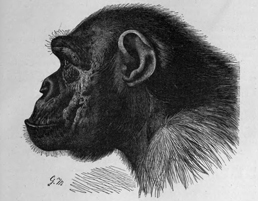
FEAR, LIES & SHRINKING BRAINS - Why our brains shrink, but chimps' don't, why computers are better at spotting lies than we are, and an enzyme for fear. Also, medical electronics that resemble tattoos, and how organic chicken farms could be a boon to public health.
Diseases spread by mosquitoes plague millions of people. But what if people could make mosquitoes sick instead?
Dolphins heal remarkably well after massive shark bites, and scientists want to know how they do it.
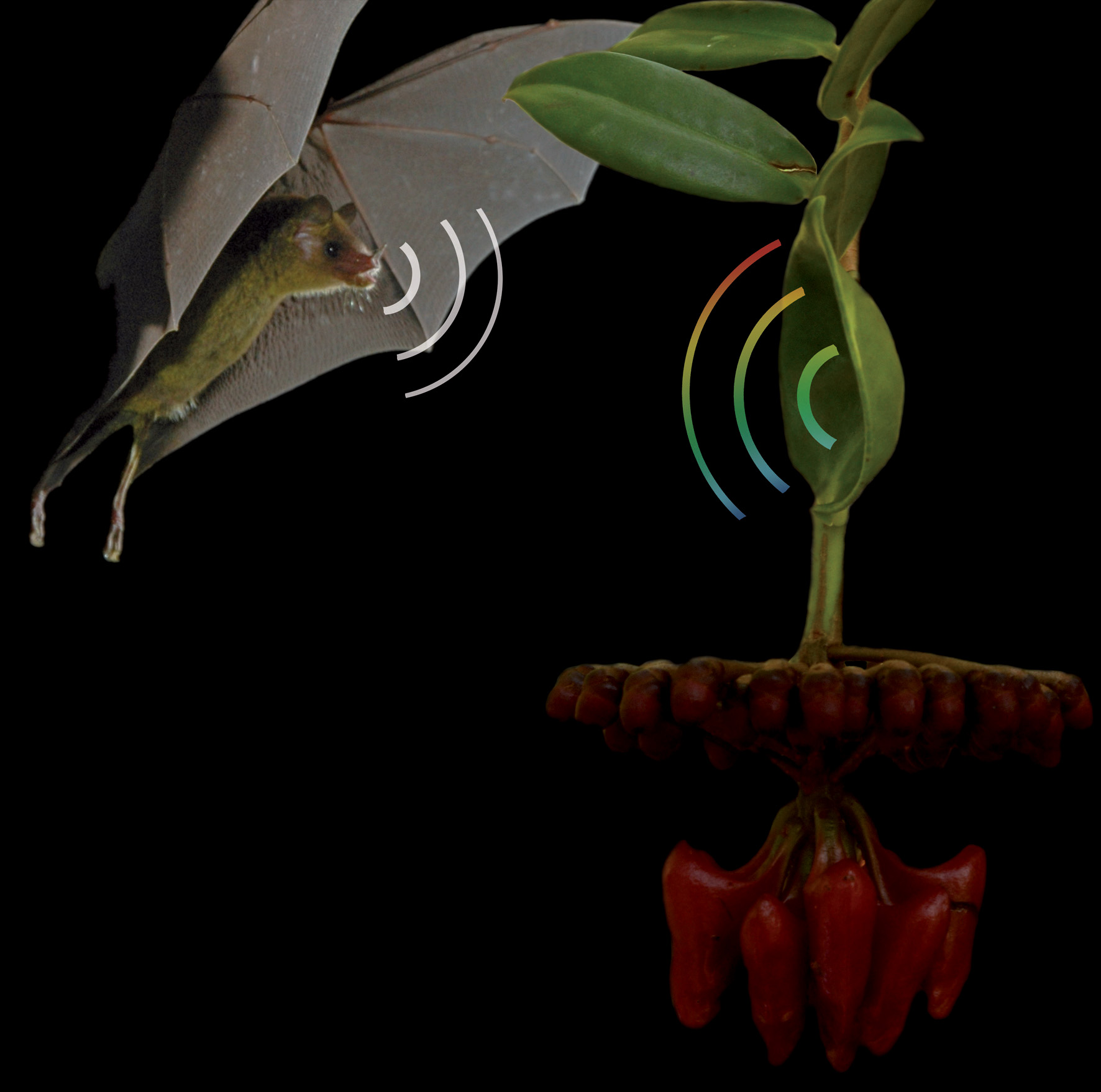
A Cuban plant has acoustically-enhanced leaves that help pollinating bats find it in the dark.
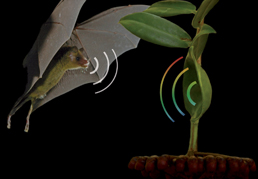
BATS & DOLPHINS: Dolphins that heal themselves, and dolphins that use electroreception in addition to echolocation. Also, How vampire bats find their prey, and how a Cuban plant takes advantage of a bat's ability to echolocate.
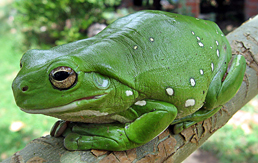
REPTILES & AMPHIBIANS - Fossil anatomy sheds light on whether dinosaurs were warm-blooded, why some lizards are smarter than you think, opossums and snakes locked in a deadly arms race, and why frogs don't lose their grip.
The mating calls of an insect called the water boatman are much louder than expected given the bug’s diminutive size.
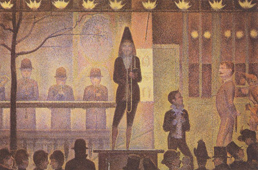
THE BRAIN & SOCIETY: How the brain experiences beauty, what soccer reveals about the mind, and why lazing around in a hammock could benefit your memory. Also, how your cell phone could help you kick the habit.
A hormone called ghrelin is a key part of how stress triggers mice to seek out fatty food.
